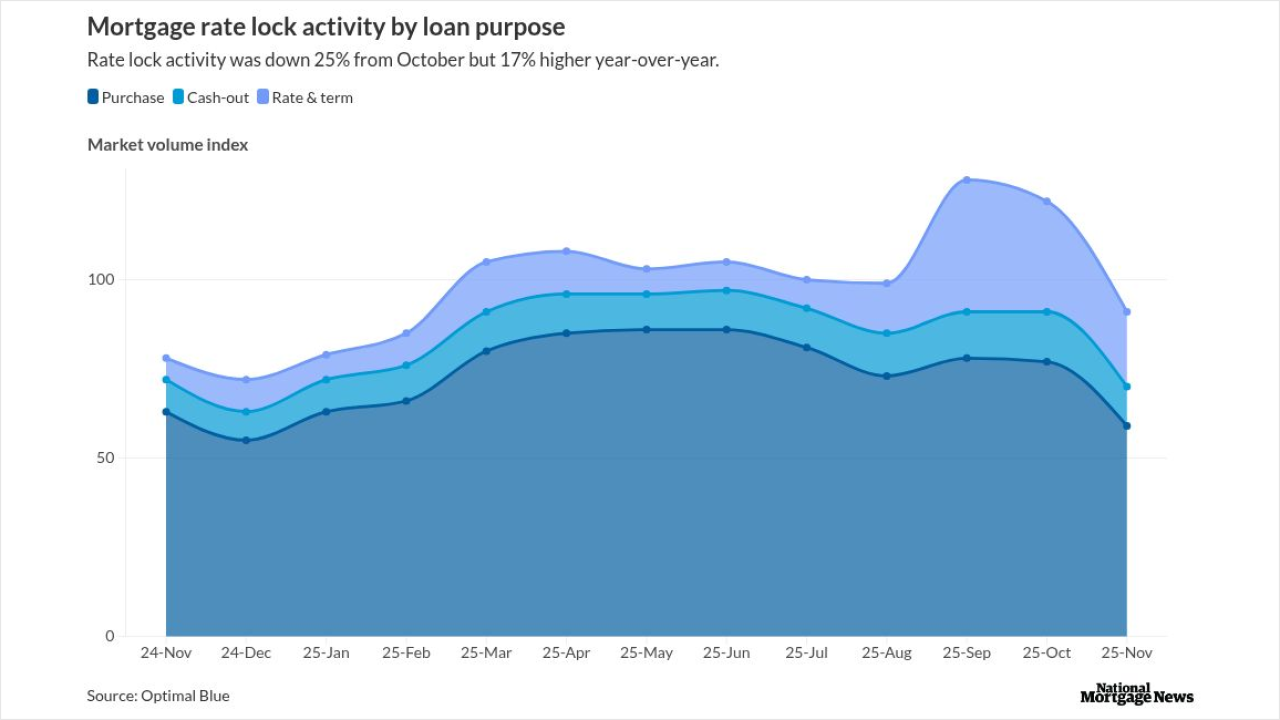WASHINGTON — The Consumer Financial Protection Bureau is conducting an assessment of its integrated mortgage disclosure rule, which could lead to future revisions.
The agency said Wednesday it is inviting public comment on its disclosure regime combining requirements of the Truth In Lending Act. The TILA-RESPA integrated disclosures are known as TRID.
The Dodd-Frank Act requires the CFPB to carry out assessments of significant rules — often referred to as "look-backs" — at least every five years. The TRID rule took effect in October 2015. The bureau said the assessment is meant to identify ways the rule can more effectively meet its stated goals.
"The public is invited to comment on the feasibility and effectiveness of the assessment plan, recommendations to improve the assessment plan, and recommendations for modifying, expanding, or eliminating the TRID Rule, among other questions," the bureau said in a press release.
TRID — sometimes called the “know before you owe” rule — was mandated by Dodd-Frank. The rule's purpose was to ensure that homebuyers are given clear and factual information about the terms and costs of their home loans. The rule mandates that, among other things, borrowers receive an estimate on the home loan terms, loan size and closing costs at least three days prior to closing.
Mortgage originators and lenders have complained about several aspects of the rule since it became effective. One of their concerns has to do with so-called "black holes" — when deadlines for revising upfront and closing costs overlap, forcing originators to absorb added costs because of the rigid three-day deadline.
The CFPB tried to
The agency previously



